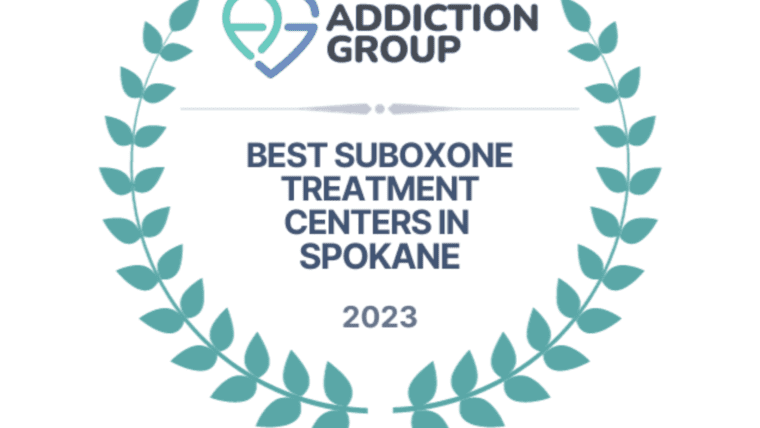In the landscape of addiction treatment, Medication-Assisted Treatment (MAT) stands out as a powerful and evidence-based approach. MAT integrates medications with counseling and behavioral therapies to address substance use disorders comprehensively.
MAT employs medications that interact with the brain’s neurotransmitters, mitigating cravings and withdrawal symptoms associated with substance use. By addressing the biological aspects of addiction, MAT helps individuals regain stability, allowing them to focus on the psychological and behavioral components of recovery.
One of the key indicators of successful addiction treatment is retention in the program. MAT has consistently demonstrated higher rates of treatment retention compared to non-MAT approaches. By alleviating the physical discomfort associated with withdrawal, MAT helps individuals stay engaged in the recovery process for longer durations.
MAT has shown significant success in reducing the risk of relapse. The medications utilized in MAT act as tools to prevent the euphoric effects of drugs, making it less likely for individuals to relapse. This reduction in relapse risk contributes to sustained recovery over the long term.
MAT is not a standalone treatment; rather, it is integrated into a comprehensive approach that includes counseling and behavioral therapies. This combination addresses the multifaceted nature of addiction, offering individuals a holistic framework for recovery that encompasses physical, mental, and emotional well-being.
MAT recognizes the unique nature of each person’s journey through addiction and recovery. Treatment plans are tailored to individual needs, considering factors such as the type of substance use disorder, medical history, and personal circumstances. This personalized approach enhances the effectiveness of MAT, addressing specific challenges that individuals may face in their recovery. As the field of addiction treatment continues to evolve, MAT stands as a beacon of hope for those seeking a path to lasting recovery.



